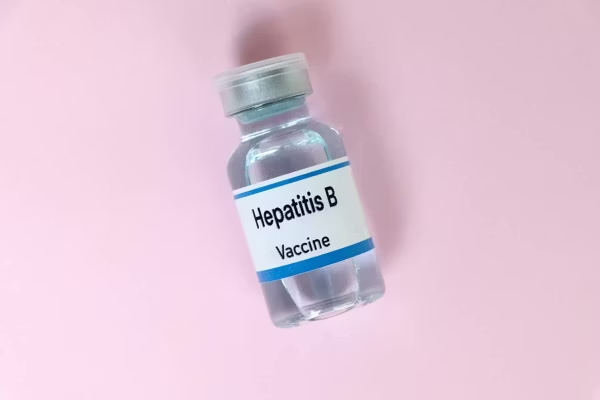The holidays are just around the corner, and you know what that means — it’s time to get your flu vaccine!
You probably thought we were going to say holiday parties and presents, but that’s the thing about the flu. It can germ its way into your festive spirit and ruin all your plans with fever, headache, chills, body aches and joint pain.
“The influenza virus is nasty,” said Ilan Shapiro, M.D., senior vice president and chief health correspondent and medical affairs officer for AltaMed Health. “And what do I mean by nasty? Compared to other viruses that cause a little runny nose and cough, it’s one full week off of work or school or anything that we enjoy doing — it’s not a regular virus.”
The flu can even be life-threatening. Last year, 28,000 people in the U.S. died from flu-related illnesses and the rate of flu-associated hospitalizations was the highest it’s been since 2010.
Read: Is it Covid, RSV or the Flu? >>
Shapiro noted that last year’s virus stuck around for a long time, so getting the vaccine as early as you can (ideally in October) will help protect yourself from serious illness throughout the flu season.
“If we want to have a beautiful Thanksgiving, if we want to enjoy our Christmas dinner and we want to sing along with family on New Year's, there are opportunities here to make sure that our immune system is ready for that,” Shapiro said.
The vaccine takes about two weeks for your immune system to build up antibodies to protect against the virus.
Most people associate the flu vaccine with a shot in the arm, but there is a nasal spray option for people 2 to 49 years old. Note: The nasal spray is not recommended for people with certain chronic diseases or people who are pregnant. Of course, talk to your healthcare provider (HCP) if you’re interested in the nasal spray flu vaccine.
In addition to your health, here are Shapiro’s top reasons for getting the flu vaccine this year:
- You want to spend time with your loved ones — not with your bed. On average, most people are sick with the virus for five days. But symptoms like coughing and fatigue may go on for weeks. And while a little bed rotting can be fun, fever and FOMO are not.
- You want your family to be well — not sick at home. Getting the flu vaccine and making sure your family gets the flu vaccine means greater protection against the virus, and less chance for serious flu-related complications. It also means you’re not at home taking care of sick people while everyone else is out decking the halls without you.
- You don’t want to miss work. The flu is no tropical vacation. And if you have the virus, or think you have the virus, the CDC recommends staying home for at least five days after symptoms start — even if you don’t have a fever.
Flu vaccine = better health
We know life is busy and there never seems to be enough hours in the day to get everything done. But taking time to get the flu vaccine can help you and your loved ones stay as healthy as possible.
It’s good to note that the vaccine is recommended for everyone ages 6 months and older (with a few rare exceptions). If you have concerns or are still on the fence about getting the flu vaccine, Shapiro said to talk to your HCP. “It’s OK to have questions. It’s OK to have even fear, but for women, especially as leaders of the family where people depend on you, it’s a great opportunity to make sure you have the correct information to make the best choice for you and your family.”
- Vaccines During and After Pregnancy ›
- 6 Common Concerns of Vaccine-Hesitant People ›
- 8 Ways to Stay Healthy This Flu Season ›
- 6 Places to Get the Flu Vaccine ›







